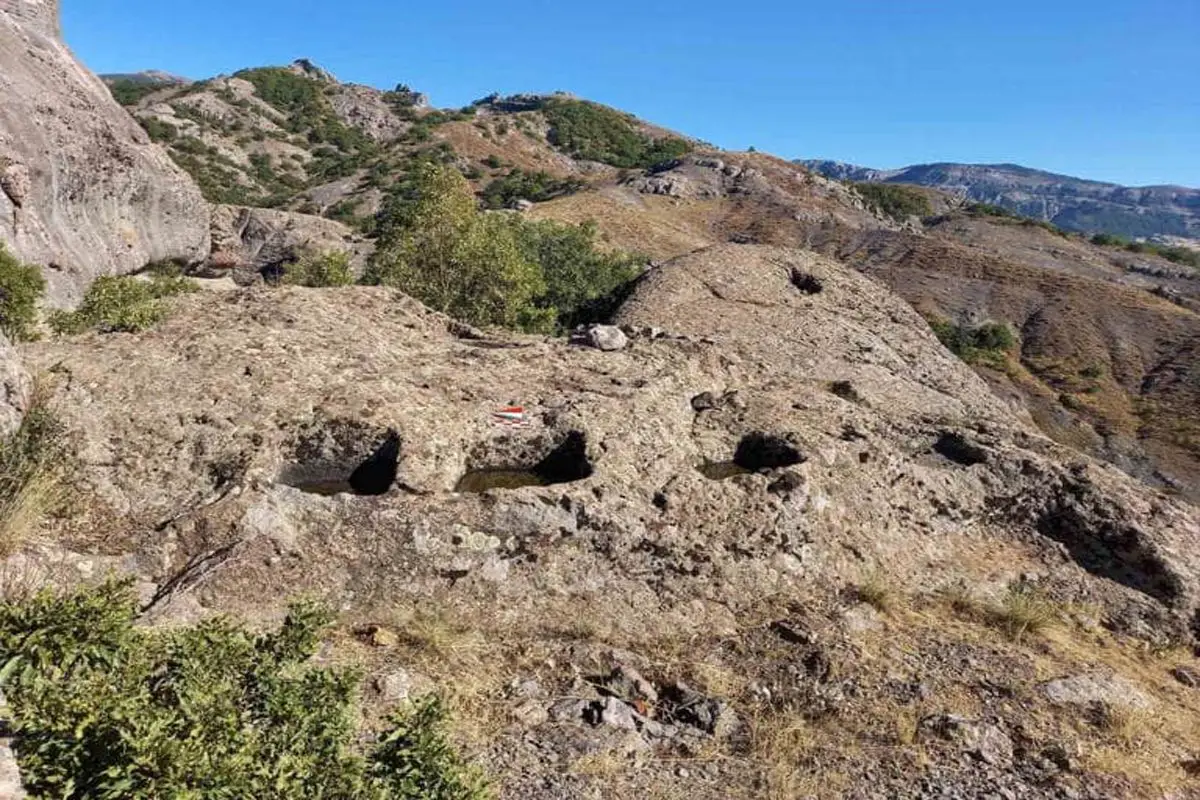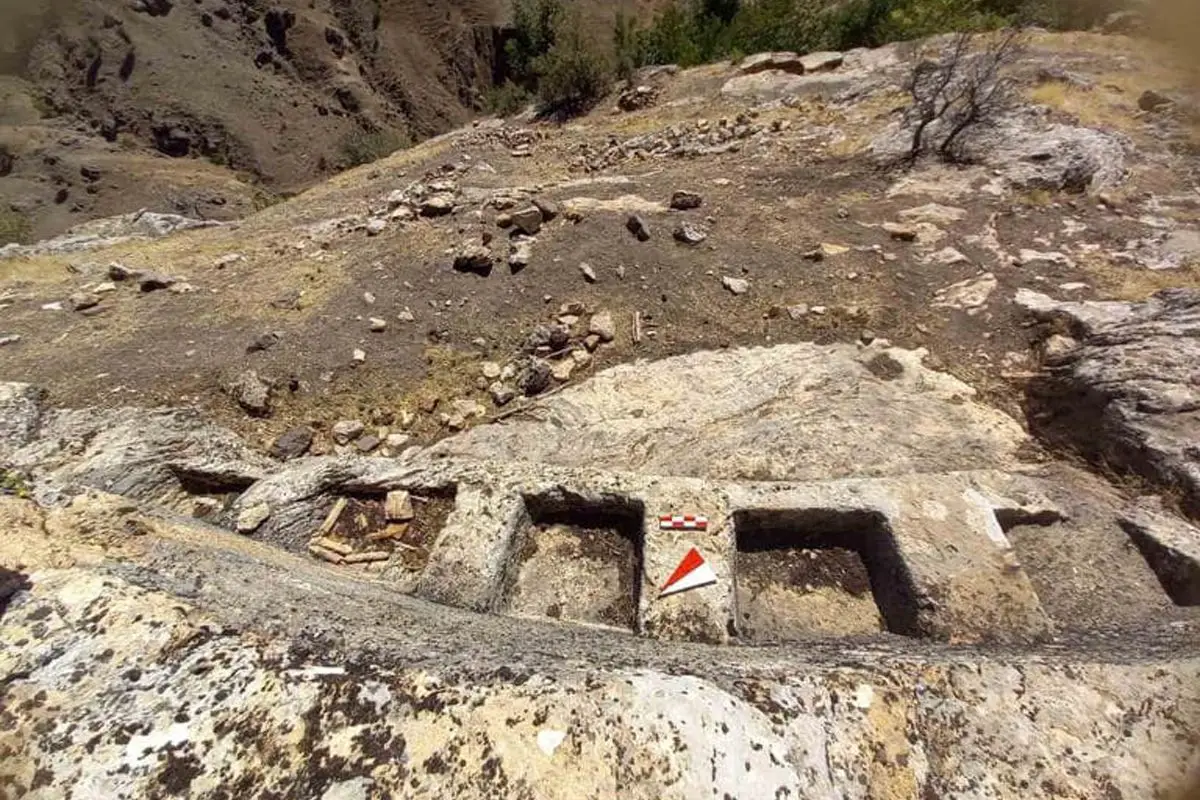Archaeologists from the Yozgat Bozok University and Bolu Abant İzzet Baysal University have uncovered fortified settlements containing a new type of open-air temples within the Tunceli province, Türkiye.
The results of the excavation, published in the Pamukkale University Social Sciences Institute Journal, is part of the “Iron Age and Hellenistic Age Tunceli Survey” project, an ongoing study which has been surveying the region since 2016 to document sites of archaeological importance.
The fortified settlements, named as Masumu-Pak and Aşağı Harik (Lower Doluca), are located in the eastern part of the Tunceli provincial borders. Masumu-Pak contains traces of Iron Age occupation, while Aşağı Harik has Iron Age and Medieval structures.
Within each settlement is a new type of open-air temple that share similar architectural features. Each temple has an outdoor prayer space and what appears to be a rock carved altars adjacent to a raised platform.

The temples were built sometime during the 7th century, a period in which the region was ruled by the Urartu kingdom. The Urartu was an Iron Age culture centered around Lake Van in the Armenian Highlands.
The kingdom extended from the eastern bank of the upper Euphrates River to the western shores of Lake Urmia, and from the mountains of northern Iraq to the Lesser Caucasus Mountains
The researchers propose that the temples served for the veneration of regional deities, with one of the sites linked to possessing healing qualities according to local legends.
Header Image Credit : IHA
Sources : Journal of Pamukkale University Social Sciences Institute – Two newly discovered castle settlements and a new open-air temple type in the tunceli region. https://doi.org/10.30794/pausbed.1291475





